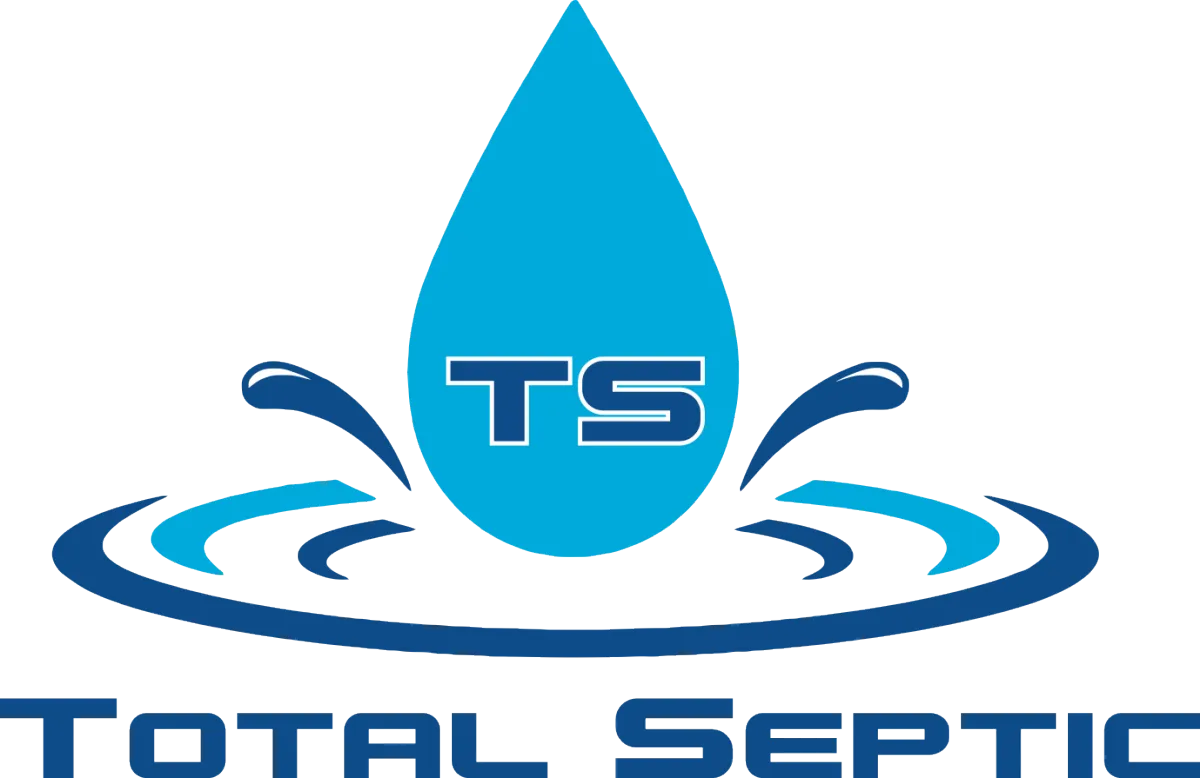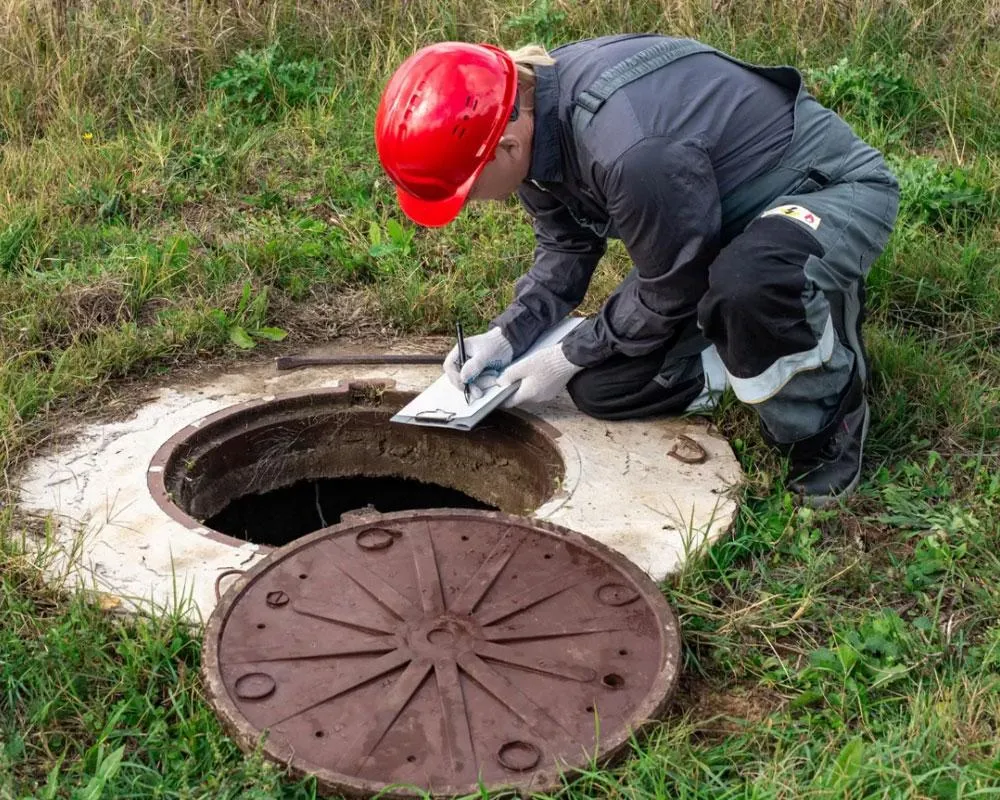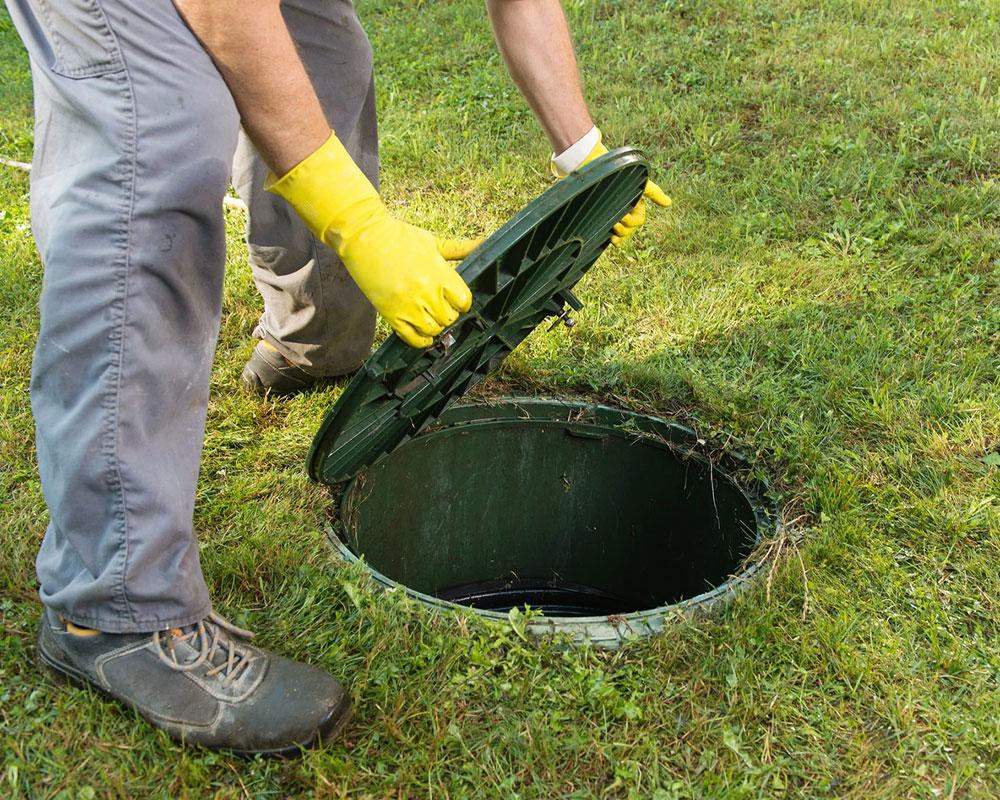
Serving Texas Counties: Collin, Grayson, Dallas, Denton, Rockwall, Fannin and Hunt
Septic Inspections around North Dallas, Texas
Total Septic is Committed to superior quality and results!

AVOID COSTLY MISTAKES:
Do NOT hire an excavating contractor without first reading our free guide:
The ULTIMATE Excavation & Septic "Success Guide."

Septic Inspections around North Dallas — What Smart Texas Homeowners Need to Know
You want straight answers before you buy, sell, or service a home in North Dallas. Septic systems work quietly until they don’t, and when they fail, the mess shows up in your yard, your drains, or your wallet. This page gives you clear, practical guidance on Septic Inspections around North Dallas so you can make confident decisions without guesswork. It explains the benefits, what pros look for, and a simple hiring process tailored to Texas and North Dallas.
How Can We Help?


Why Septic Inspections around North Dallas matter
In Texas, weather swings, soil variability, and rapid growth put septic systems under pressure. A thorough inspection uncovers problems early, and helps you avoid surprise repairs. If you’re buying, an inspection verifies capacity, age, and code compliance so you know what you’re inheriting. If you’re selling, it prevents last-minute renegotiations. If you already live here, periodic inspections protect drain fields, extend system life, and keep your family safe from backups and groundwater contamination.
Top benefits for North Dallas homeowners
Prevent costly failures: Finding a cracked tank lid, saturated drain field, or tree-root intrusion now is far cheaper than emergency excavation later.
Protect health and property: Properly functioning systems limit odors, backups, and contamination around wells and creeks.
Speed up real estate deals: A clear inspection report reduces friction between buyers, sellers, and lenders.
Extend system lifespan: Routine checkups optimize pumping intervals and protect soil absorption performance.
Benefits of hiring a local Septic Inspection around North Dallas pro
Local expertise matters. Soil in McKinney can drain differently from clay pockets near Lewisville Lake. A local pro also understands health department expectations and Texas administrative code, ensuring your report meets lender and permitting requirements the first time.
What a complete inspection includes
A quality inspection is more than a quick glance at the tank. Expect a start-to-finish evaluation:
System mapping: Locating tank, cleanouts, distribution box, and drain field lines; marking utilities before digging.
Tank assessment: Measuring scum and sludge, baffle condition, structural integrity, and watertightness.
Functional testing: Running water, dye, or timed flow to evaluate absorption area performance.
Component check: Pumps, floats, control panels, alarms, filters, and risers.
Drain field evaluation: Soil texture, saturation, biomat indicators, and vegetation health.
Safety and code review: Setbacks from wells, buildings, and waterways; lids and access safety; electrical bonding.
Clear report: Photos, measurements, and prioritized recommendations you can act on immediately.
See Our Excavation & Septic Services

✔️ Commercial Excavation
✔️ Residential Excavation
✔️ Demolition
✔️ Dozer work
✔️ Septic inspections
✔️ Septic system pumping
✔️ Septic installs traditional systems
✔️ Septic tanks - aerobic systems
✔️ Septic tanks - Plastic/poly
Quality Services Launched FAST!

✔️ Septic tanks - Concrete
✔️ Sewer repairs
✔️ Trenching
✔️ Utilities Trenching
✔️ Pump Outs Installs
✔️ Maintenance Contracts
What Are You Waiting For?
The process for hiring a Septic Inspection around North Dallas specialist
Define your goal. Are you buying, selling, refinancing, or troubleshooting? The context shapes the scope and urgency.
Gather basics. Property address, bedroom count, water source, age of system, last pump date, and any known issues.
Get three local quotes. Ask for proof of licensing and insurance, sample reports, and turnaround time.
Confirm scope in writing. Ensure the inspection includes tank exposure if needed, flow testing, component checks, and a signed report acceptable to your lender or agent.
Prep the site. Clear tank lids and cleanouts, unlock gates, secure pets, and ensure water is on.
Attend if possible. You’ll learn faster by seeing components and asking questions in real time.
Review the report. Prioritize safety fixes, then budget for maintenance and upgrades. Share the findings with your agent, lender, or contractor as needed.
Signs you need an inspection now
Toilets gurgle or drains run slowly.
Wet spots, unusually green strips, or sewage odors appear in the yard.
Alarms chirp on aerobic units, or breakers trip for pumps.
It’s been 3–5 years since your last inspection or pumping.
You’re adding bedrooms, or installing a pool that may affect setbacks and loading.
Texas-specific considerations for North Dallas
Inspections in this area must follow Texas Onsite Wastewater rules and regulations. Aerobic systems, which are common in parts of North Texas, require active maintenance contracts and functioning alarms. Inspectors who understand local ordinances can determine whether your chlorine tablets, drip irrigation systems, or spray heads comply with standards—and whether your setbacks from wells, easements, or waterways meet requirements. The right professional translates complex codes into clear, practical recommendations you can follow without confusion or delays.
Costs, timelines, and deliverables you can expect
Most single-family inspections are scheduled quickly and take one to three hours on site, depending on accessibility and whether the tank must be exposed. Pricing varies with depth, system type, and report requirements. You should expect a photo-rich report that lists immediate safety issues, short-term maintenance needs, and long-term upgrades. Good reports separate must-do items from nice-to-have improvements so you can budget wisely.
How to prepare for a smooth visit
Locate prior permits or diagrams if available.
Mark suspected tank and field locations with flags.
Avoid heavy water use the morning of the appointment.
Keep vehicles off the drain field for at least 24 hours beforehand.
Make sure exterior outlets and panels are accessible for pump tests.
When to Schedule Septic Inspections around North Dallas
Spring and fall are popular because soil conditions reveal drainage performance, but don’t wait if you’re seeing symptoms. Schedule before option periods expire in real estate transactions, and book early during wet seasons when calendars fill quickly in Texas.
Facebook
Google Plus